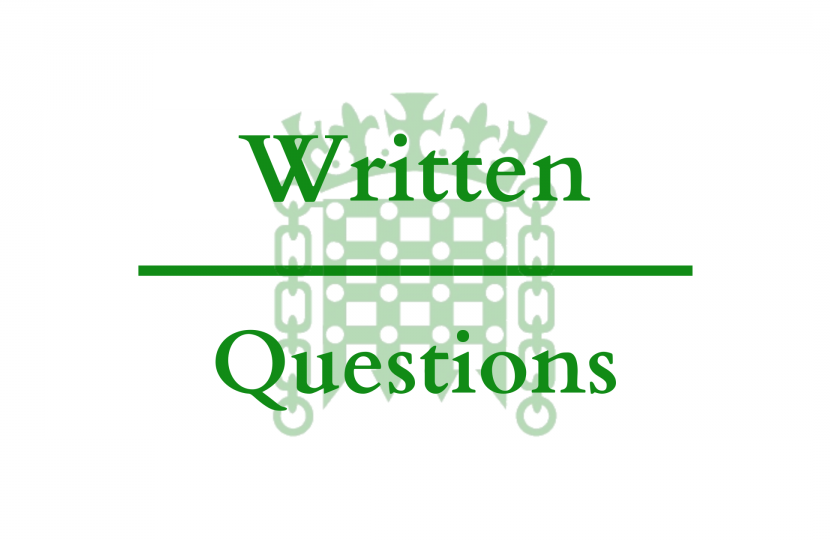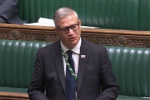
Q: (Andrew Rosindell) To ask the Secretary of State for Health and Social Care, with reference to the expanded flu vaccination programme, what steps his Department is taking to help ensure extremely vulnerable people receive flu vaccinations as soon as possible.
A: (Jo Churchill, Parliamentary Undersecretary for Health and Social Care) General practitioners and other NHS service providers have been asked to prioritise flu vaccination for all those who are in the defined clinically vulnerable groups documented in the national guidance. In addition, this season household contacts of those who are on the shielded patients list are also eligible for a free National Health Service vaccine to allow us to offer additional protection.
NHS England and NHS Improvement have introduced a call and recall service to ensure that all eligible individuals are aware that they can receive a free vaccination and how to access one. Alongside this, additional trained workforce is being made available to local providers to support them to access the most vulnerable patients who may be in care homes or require domiciliary visits.
Q: (Andrew Rosindell) To ask the Secretary of State for Health and Social Care, whether he has made an assessment of the implications for his policies of the recommendations of the August 2020 report of the Queen's Nursing Institute, which called for an inquiry into the blanket application of Do Not Resuscitate orders in care homes during the covid-19 outbreak.
A: (Helen Whately, Minister of State for Health and Social Care) The Department is aware of the Queen’s Nursing Institute report. There were 163 responses to the survey with 16 reporting some changes to standard Do Not Attempt Cardiopulmonary Resuscitation (DNACPR) practice. Work is underway by NHS England and NHS Improvement to consider the responses and discuss the findings at a local level.
The Department has asked the Care Quality Commission (CQC) to review how DNACPR decisions were used during the COVID-19 pandemic, building on concerns that the CQC reported earlier in the year. Interim findings are expected to be reported later this year with a final report in early 2021.
Q: (Andrew Rosindell) To ask the Secretary of State for Health and Social Care, what assessment his Department has made of the potential merits of varying the hospitality curfew to account for lower evening transmission rates across different categories of leisure and hospitality premises.
A: (Nadine Dorries, Minister of State for Health and Social Care) Experience from areas of local interventions where the curfew has implemented suggests it strikes the right balance, allowing businesses to trade for the majority of the evening while reducing the risk of non-compliance with social distancing measures and unnecessary contact with people you do not usually meet.
Early data also suggests that a significant proportion of exposure to the virus is seen in the hospitality sector, which is even more pronounced in younger age groups. We will continue to gather evidence and monitor the data. We have seen from Belgium how effective operating restrictions can be, where a marked decline in case numbers was seen after early closure measures were introduced.
The Secretary of State for Health and Social Care will conduct the reviews, following discussion with other Ministers and always guided by officials and experts, ensuring the measures continue to be both proportionate and necessary.
Q: (Andrew Rosindell) To ask the Secretary of State for International Trade, what assessment she has made of the potential effect of a UK-Kenya free trade agreement on the East African Community’s Common External Tariff.
A: (Greg Hands, Minister of State in the Department for International Trade) The United Kingdom is pursuing a trade agreement with the East African Community (EAC), and we recognise the impact that a loss of duty and quota free access to UK markets after the transition period could have on Kenya if an agreement is not in place.
We are engaging with Kenya and all EAC States to secure a trade agreement that will provide this duty and quota free access, and provide lasting certainty for EAC and UK businesses in our trading arrangements.




